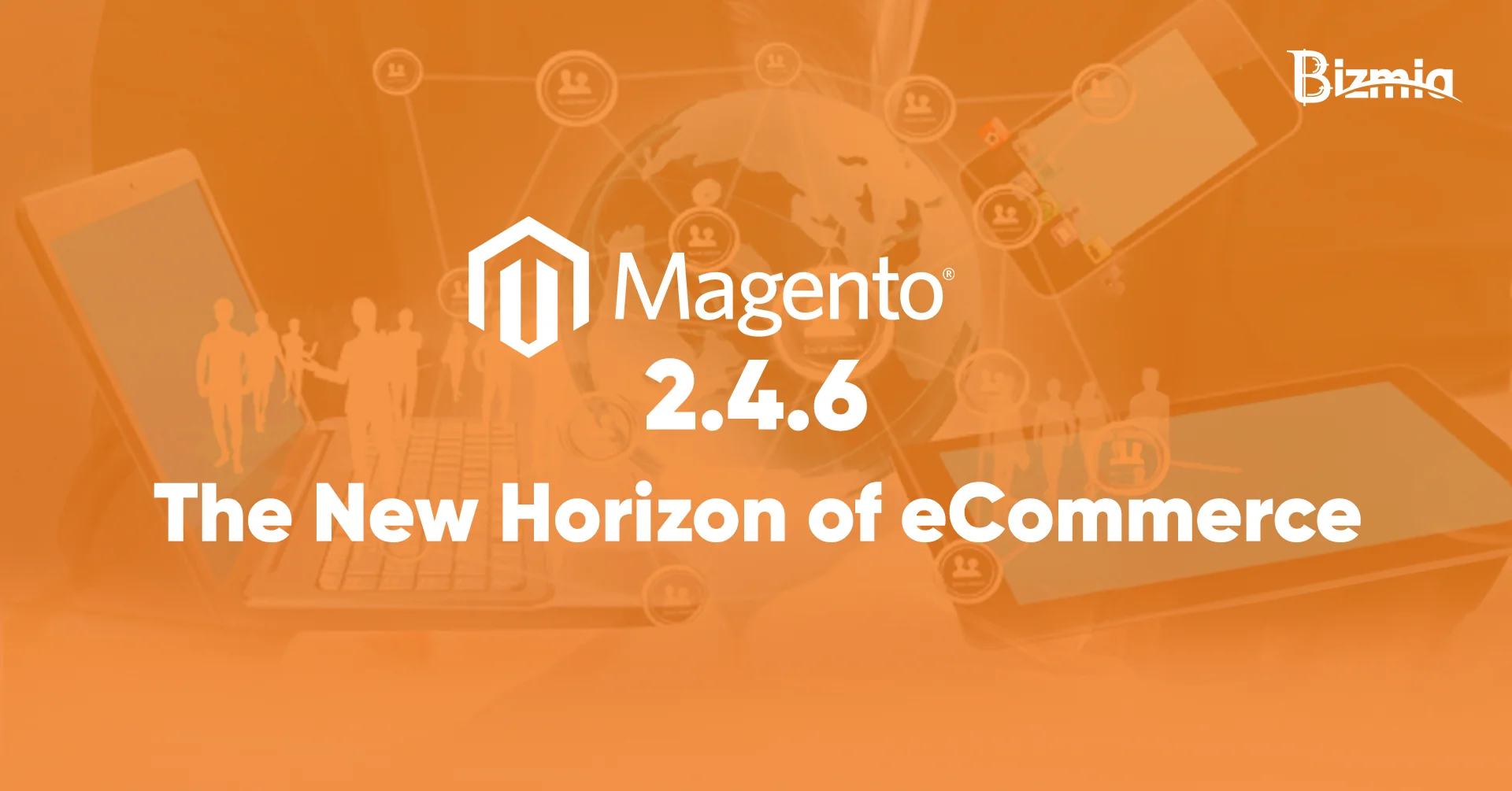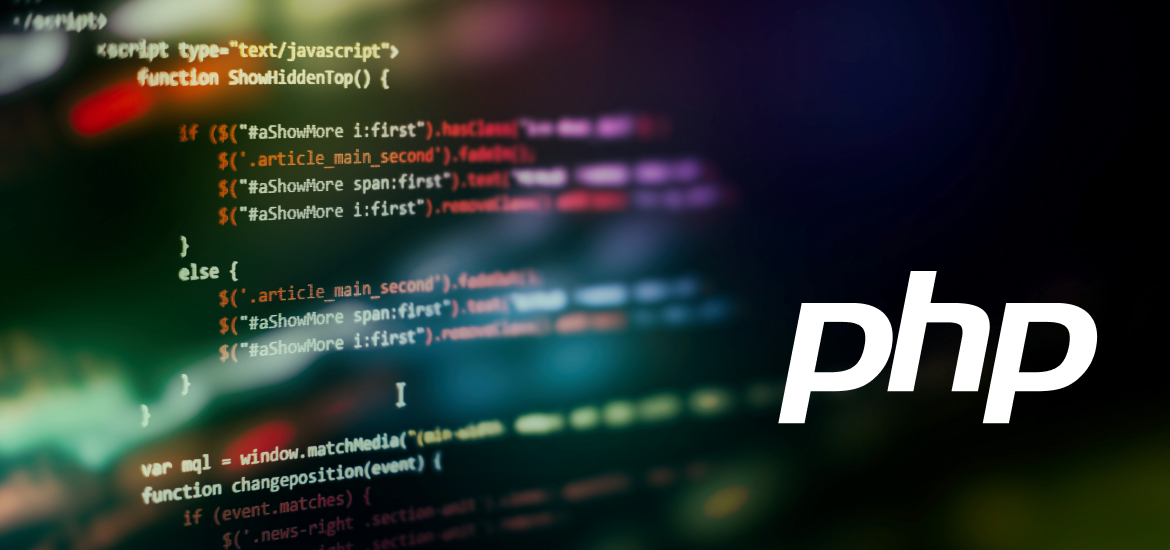With the release of Magento 2.4.6, the world of eCommerce opens a new chapter. This version is not merely an update; it’s a declaration of intent that aims to streamline, secure, and enrich the user experience for both merchants and customers. Let’s take a tour of what’s new.
Table of Contents
A New Era With PHP
The introduction of PHP 8.2 support in Magento 2.4.6 is more than a technical update; it represents a commitment to staying at the forefront of technological advancements. While PHP 8.1 remains fully supported, the removal of PHP 7.4 sends a clear message about the future’s direction.
These PHP changes are not merely symbolic. They have a tangible impact on performance and scalability, making this release a robust engine for eCommerce. Particularly in the areas of bulk cart operations and category tree rendering, the enhancements to GraphQL make a noticeable difference, offering more streamlined interactions that cater to modern consumer demands.
A Fortress of Security
Security is paramount in a world where online transactions are a daily occurrence. Magento 2.4.6 has not only addressed security with eight significant fixes, but has also taken it a step further by fortifying the entire platform.
The attention to detail in the recommendations for securing the Admin showcases an understanding of the complexities of online threats. By promoting best practices such as IP allowlisting, two-factor authentication, and VPN use, Magento is not just fixing problems but educating users. The integration of reCAPTCHA validation at the checkout, for instance, demonstrates an understanding of both security and usability, enhancing the user experience without compromising on safety.
Platform Enhancements: The Backbone of Progress
Magento’s platform enhancements reveal a concerted effort to stay ahead of the technological curve. From supporting Composer 2.2.x to embracing Redis 7.0.x and making OpenSearch the default search engine, there is a sense of momentum.
Magento’s recommendation to upgrade to MariaDB 10.6 and the migration of DHL schema from v6.2 to v10.0 showcase a commitment to continuous improvement. The replacement of outdated JavaScript libraries and Zend framework components signifies a meticulous attention to the software’s underlying architecture, aiming for an optimal balance between innovation and compatibility.
Accessibility: Beyond Compliance
The enhancements to the Venia storefront accessibility are a statement of intent. In an age where inclusivity is more than a legal requirement, Magento’s focus on creating an experience that’s perceivable, operable, understandable, and robust shows social responsibility.
By improving keyboard-only access, adding descriptive accessible names to buttons, and other such updates, Magento isn’t merely ticking boxes. It’s actively pursuing a more inclusive web environment, aligning itself with best practices that recognize the diverse needs of online shoppers.
Adobe Integration and Braintree Enhancements
The nuanced adjustments to Adobe Commerce integration and Braintree payment enhancements reveal a keen eye on global trends and specific market needs.
Decoupling Adobe IMS modules from the core code and bundling them separately reflects a flexible approach that aligns with the modular design principles trending in modern software development. It provides both cohesion and separation where needed, maintaining the functionality while enhancing manageability.
In the payment landscape, enabling features like Pay Later for Italy and Spain and adding Fraud Protection and ACH web hooks to Braintree demonstrates a clear understanding of local and global payment trends, aligning with the real-world eCommerce ecosystem.
Graph QL and Performance Optimization
The focus on optimizing Graph QL performance is a nod to the growing need for fast and efficient online interactions. With optimizations in category tree rendering, reduced query response times, and improvements in shared catalogs and product permissions, the importance of performance in eCommerce is thoroughly acknowledged.
The ability to sort customer queries by order number or creation date, the introduction of new mutations like delete Customer, and overall refinements reflect a keen understanding of the merchant and customer needs, aiming to offer a more engaging and seamless shopping experience.
Synergy with Page Builder and PWA Studio
The compatibility with Page Builder v.1.7.3 and PWA Studio v.13.0.x represents Magento’s alignment with the rapidly evolving landscape of web design and development. By focusing on enhancing accessibility and staying abreast of the latest trends, Magento ensures that its users can create contemporary, inclusive, and engaging online storefronts.
Magento 2.4.6 – A Comprehensive Upgrade
Magento 2.4.6 is more than an update; it’s a comprehensive upgrade that reflects an acute awareness of the ever-evolving eCommerce landscape. With its focus on cutting-edge technology, robust security, inclusivity, and alignment with global trends, it’s more than ready to meet the demands of modern online merchants and shoppers.
From its PHP enhancements to the subtle refinements in Adobe integration and Braintree payment solutions, every aspect of this release speaks of a well-thought-out strategy aimed at empowering, protecting, and innovating.
For online store operators, Magento 2.4.6 is not merely a new version to consider; it’s a step into the future of eCommerce. It’s an invitation to be part of an evolving ecosystem that’s focused on excellence, inclusivity, and growth. Bizmia is equipped to help you take full advantage of these enhancements. To learn more about how Magento 2.4.6 an add value to your business, please reach out to a Bizmia Magento experts today. With proven Magento Upgrade and Magento Development expertise, our team is renowned as the best and go to Adobe Solution Partners.












